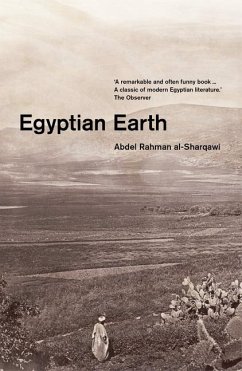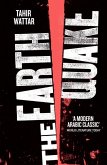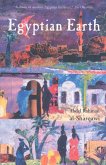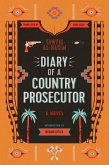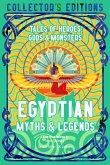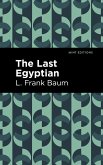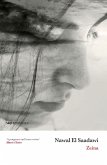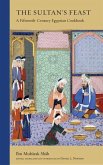A twelve-year old boy returns to his village from school in Cairo to find the community torn by feud and fear. A corrupt official has decreed the fields must be irrigated in five days, instead of the customary ten - a demand that threatens to disrupt the economy and life of the whole village. But rebellion is contrary to their traditional attitude of servility and easy-going natures. It takes many attempts - some disastrous, others comical and touching - before they can organise anything like an effective resistance. Working together, the young and old men and women in the village discover that if you are faithful to the land, it will care for you. Egyptian Earth was first published in 1954, when almost one million Egyptians besieged President Nasser in Abdin Palace, protesting the military dictatorship and demanding land reforms. An epic drama of great power, this compassionate and humorous tale of defiance is a masterpiece of modern Arabic literature.

